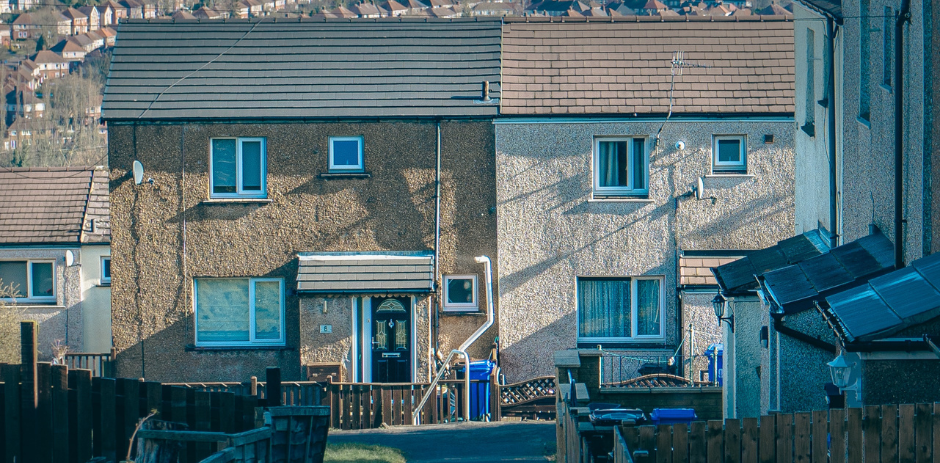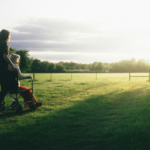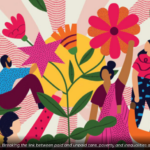By Katie Schmuecker, Principal Policy Advisor at Joseph Rowntree Foundation
No one in our country should have to rely on charity because they can’t afford basic items like toilet roll and washing powder, or have to survive on one meal a day so their kids can eat. But this is the reality for growing numbers of people, according to the Joseph Rowntree Foundation and Heriot-Watt University’s Destitution in the UK study.
2024 will see metro mayoral elections, and (almost certainly) a General Election too. So we are calling on all parties to make tackling destitution a priority, and to set out their plans to reverse rising hardship.
Destitution has more than doubled in five years
Hardship is intensifying in our country. Nowhere is this seen more clearly than in the number of people experiencing destitution, unable to afford to meet their most basic physical needs to stay warm, dry, clean and fed. This most severe form of hardship more than doubled in five years, to reach a shaming 3.8 million people experiencing destitution at some point in 2022. This includes one million children – a figure that has almost tripled in the same period.
Greater Manchester is at the sharp end of these trends. Several local authority areas have high rates of destitution, with Manchester ranked second in Great Britain (after Newham in London), Salford 12th, Rochdale 25th and Oldham 28th.
A major driver of destitution has been the cuts and freezes that have worn away at the adequacy of our social security system. More than seven in 10 of the people experiencing destitution received social security payments, demonstrating they are no longer doing the basic job of protecting people from severe hardship. Layer on top of that the price of essentials sharply rising, crippling levels of debt for some people, a housing crisis, increasingly rationed public services and a growing number of migrants who are not entitled to help in a crisis because they have ‘no recourse to public funds’. It is hardly surprising that destitution is rising.
Towards a plan to address hardship
We need to see urgent action to address growing hardship. It should cover five areas:
- Reforming social security: removing the sharp edges of the system that drive destitution, such as unaffordable deductions from benefits, disability benefits that are difficult and slow to access and severe sanctions. In addition, Government should work towards an ‘Essentials Guarantee’ in Universal Credit, so it is always at least enough to afford life’s essentials such as food, utility bills and basic toiletries.
- A place to call home: with rents that people can afford and protections for renters against eviction. This should be accompanied by a renewed ambition to end homelessness.
- Plugging the gap in crisis support locally: by making the £1billion Household Support Fund a permanent part of local crisis assistance, and knitting it together with practical help and advice to get people back on their feet and the wealth of energy, creativity and relationships in communities that bring people purpose and connection.
- Protection for everyone in our communities: no matter who you are or where you come from. This should include making it quicker and easier for people with ‘no recourse to public funds’ to have the condition lifted when they face hardship, allowing asylum seekers to work after six months and allowing people granted refugee status a longer ‘move on’ period from asylum accommodation.
- Strengthening the foundations for security: lasting change will also require more good jobs that are secure, accessible and pay living wages, building more social housing and taking action to shift our tenure mix towards more affordable and secure tenures.
We are seeing hardship on a scale that cannot be ignored. But we are not helpless to act – we just need a plan.
This article is featured in our 13 December newsletter. To get more articles like this delivered straight to your inbox, sign up to our mailing list.






